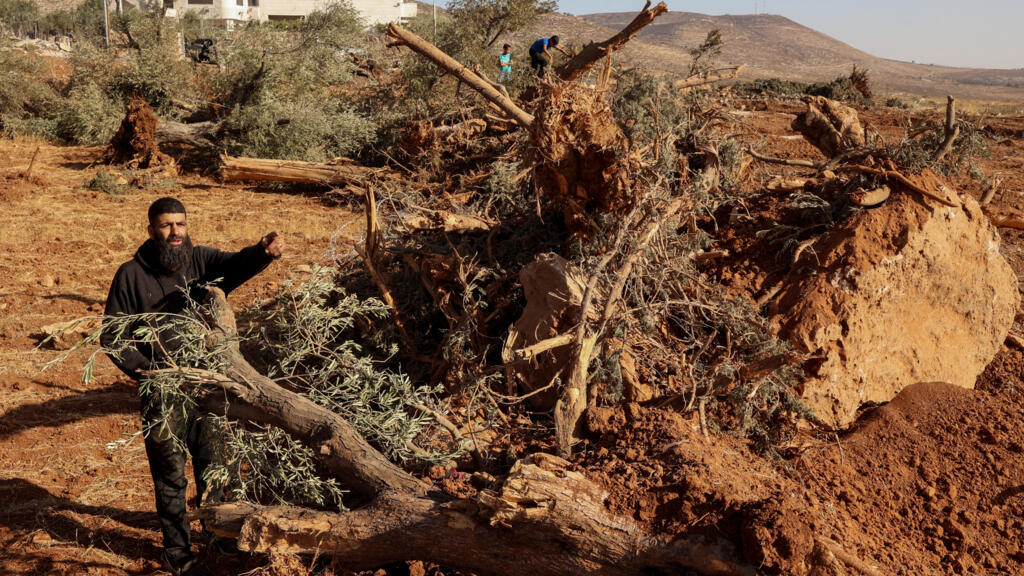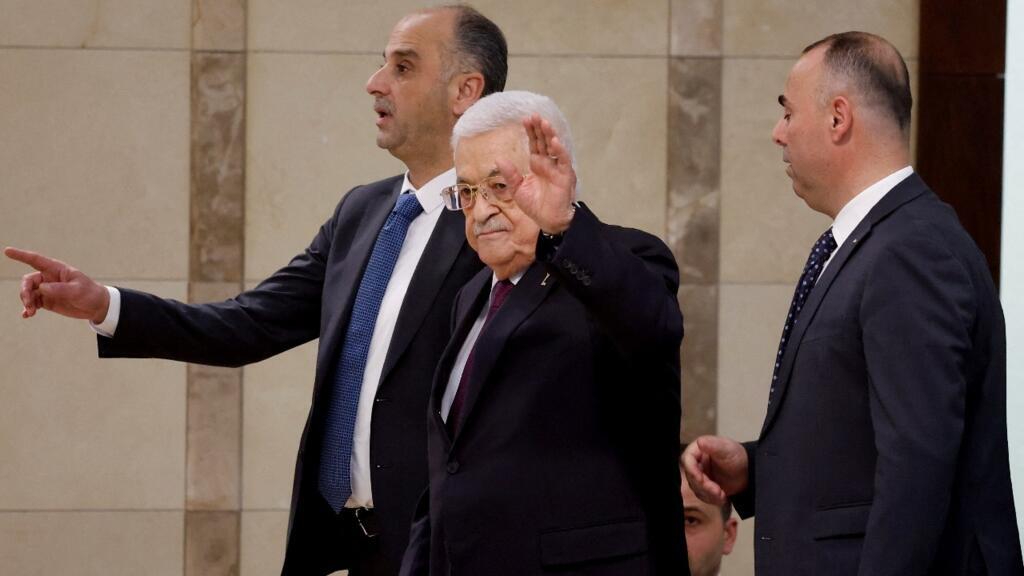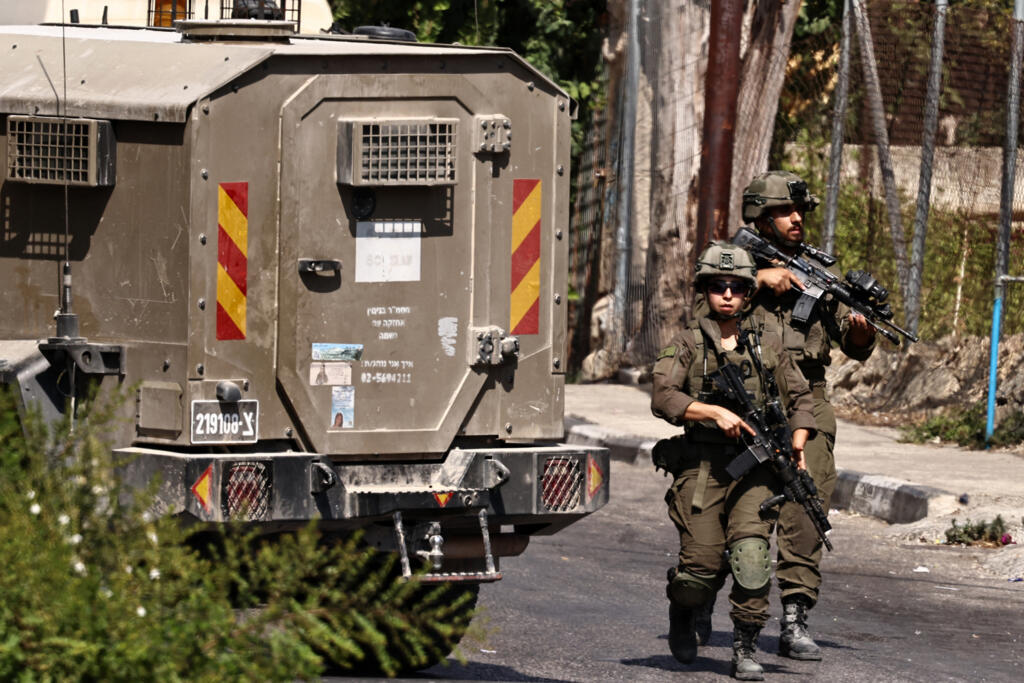
While France’s recognition of Palestine at the United Nations has been hailed as a historic step, in the occupied West Bank it was met with scepticism rather than celebration.
France’s decision to recognise the Palestinian state at the United Nations this week – alongside a handful of other Western powers – was a diplomatic landmark.
But on the streets of Ramallah and across the occupied West Bank, the mood was more weary than celebratory.
After decades of stalled promises, occupation and expanding settlements, Palestinians met this recognition with caution.
In the village of Raba, near Jenin, mayor Ghassan Bazour surveys the bulldozers at work on confiscated land. “The inhabitants no longer have the right to go to their fields. They can’t graze their animals either,” he told RFI.
Thirteen hectares have already been seized, he says, first earmarked for a military base but almost certainly destined for new Israeli settlements, considered illegal under international law.
The French recognition, he adds, is “a step in the right direction – but much more will be needed".
His councillor Amar Bazour is even more blunt: “If it’s just a recognition on paper, it will change nothing. There have been UN resolutions for decades, but no implementation. As Palestinians, we’ve lost confidence in most countries of the world.”
Macron recognises Palestinian state at UN defying Israel and US
That scepticism is widely shared. In Ramallah, reporters found cafés filled with chatter and card games, but no live broadcasts of the UN debate.
Football commentary and the Ballon d’Or ceremony in Paris attracted more eyes than Emmanuel Macron’s speech.
“The West makes a big story of it, but for us, nothing changes,” shrugged Rasha, a woman in her thirties. “Our daily life is still the same mess.”
Still, there were flickers of hope. In one café, a group of older men watched Macron’s address and applauded discreetly. “Something good will come for the Palestinians in the years ahead,” said 63-year-old Abou Elias.
Another noted after Palestinian President Mahmoud Abbas’s speech at the UN: “He spoke well.”
But even the optimists tempered their hopes with realism. “People are tired – nothing has happened in 80 years,” Elias said. “You don’t get to the moon in one day.”

Macron says embassy in Palestine will open only after release of hostages
Concessions offered
In June, Abbas wrote privately to Macron and Saudi crown prince Mohammed bin Salman, offering a series of concessions to smooth the path to recognition.
The letter promised to sideline Hamas – condemning its 7 October, 2023 attacks and insisting the movement must “lay down its arms” and that it would not govern Gaza after the war.
Abbas also pledged that a future Palestinian state would not be militarised if it received international protection.
He committed to elections within a year of the war’s end, and to halting the controversial allowances paid to the families of militant attackers – a longstanding Israeli grievance.
Paris hailed these as “concrete and unprecedented commitments, showing a real will to move towards a two-state solution".
Israel’s ambassador in France, meanwhile, dismissed them as worthless promises from a president who has long since lost legitimacy.

France condemns Israel’s west bank settlement plan as serious breach of international law
Reality of daily life
For most Palestinians, these diplomatic overtures feel distant. Daily life in the occupied West Bank remains dominated by checkpoints, economic stagnation and the steady spread of Israeli settlements.
Rasha, who has been unable to visit her family in northern Palestine since the spring, said: “It’s too risky with settlers attacking, and there are too many checkpoints. That’s the reality of their Palestinian state.”
Young people are equally unconvinced. “The war in Gaza has lasted two years already. Will this recognition end it? No, it will go on,” said 18-year-old Zain Abdel Wahab.
His friend Ibrahim Salam Abdullah pleaded for something more tangible: “We want those countries that recognised Palestine to improve the situation here in the West Bank, to end the war in Gaza, and stop the famine that is affecting our children there.”
(with AFP)







